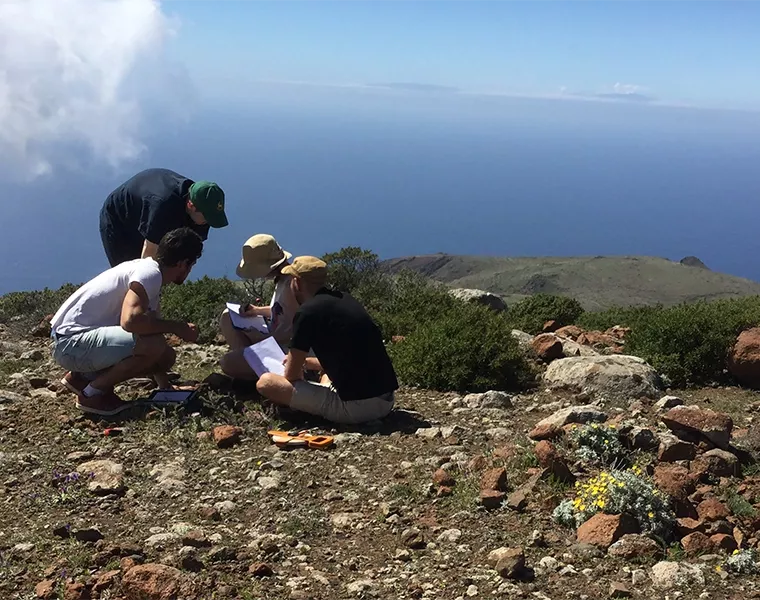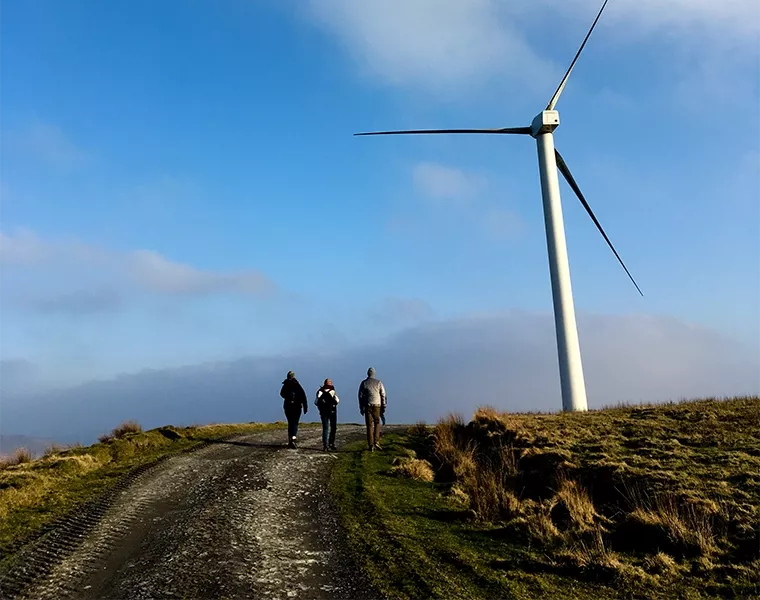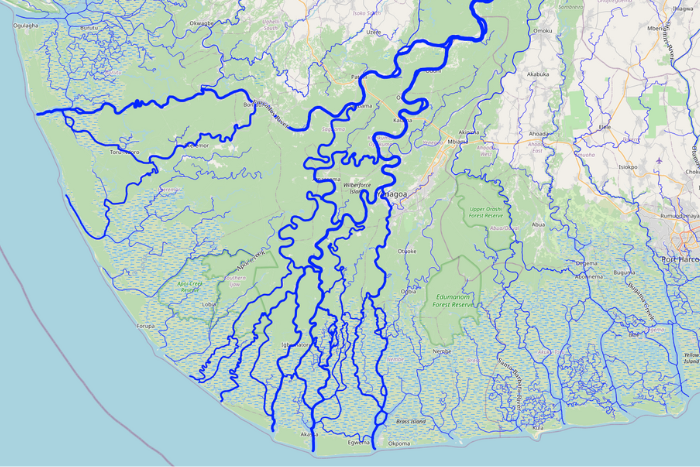Professor Jim Hall, Director of the Oxford Programme for Sustainable Infrastructure Systems (OPSIS) and Professor of Climate and Environmental Risks at the University of Oxford, has been elected a Fellow of the Royal Society (FRS).

Undergraduate study
Experience the unique and integrative undergraduate geography course at a university leading the way in geographical teaching and research.
Open days: Discover if Oxford Geography is for you
Why study Geography at Oxford?
Diversity and access initiatives
Admissions guidance
Careers after studying Geography
Frequently asked questions about the BA in Geography

Taught graduate degree programmes
With over 200 graduate students from a range of nationalities, professional and disciplinary backgrounds we are one of the largest, most diverse and vibrant graduate schools in the world offering advanced degrees in Geography and the Environment.
MSc in Biodiversity, Conservation & Nature Recovery
MSc in Nature, Society & Environmental Governance
MSc in Water Science, Policy & Management
MSc in Environmental Change & Management (Environmental Change Institute)
MSc in Sustainability, Enterprise & the Environment (Smith School of Enterprise and the Environment)
Frequently asked questions about the MSc/MPhil

Graduate research degree programmes
The Doctor of Philosophy in Geography and the Environment (DPhil) is an advanced research degree which provides outstanding candidates with the support and intellectual environment to complete their own original research.
Admission guidance
Current DPhil research
Potential supervisors and topics for DPhil research
Frequently asked questions about the DPhil
News
Events
30
May
16:15 - 17:30
3
June
17:00 - 18:15
4
June
09:00 - 10:00
Right Here, Right Now, Global Climate Summit
Audience
Public







